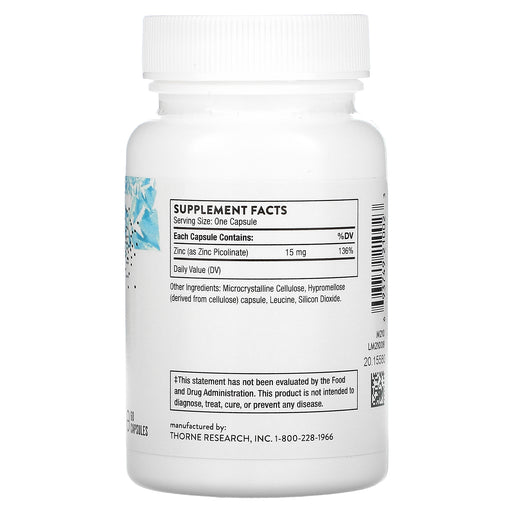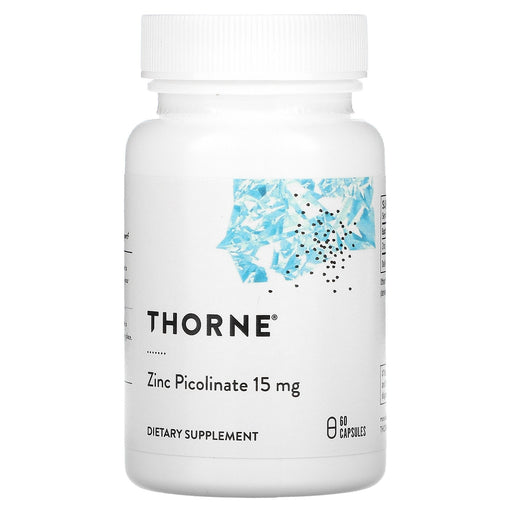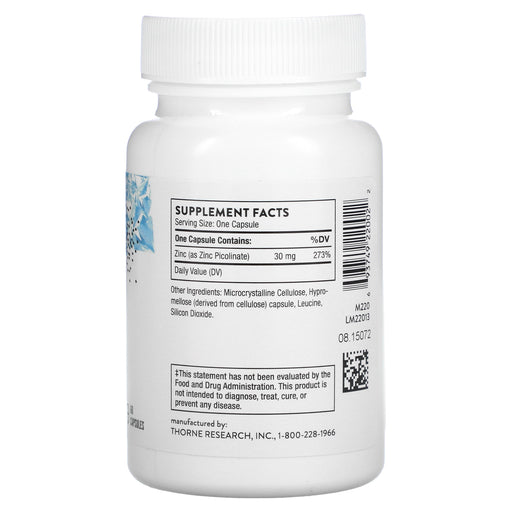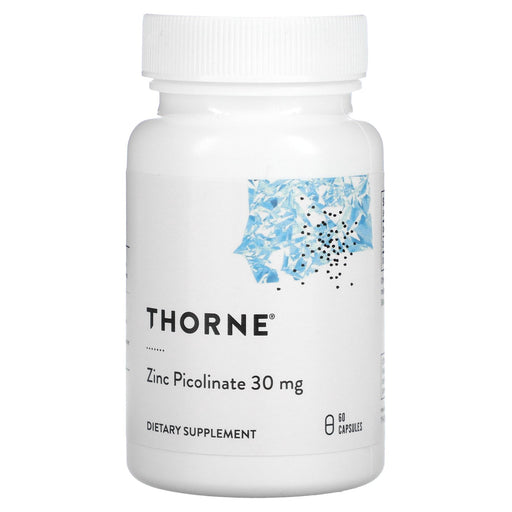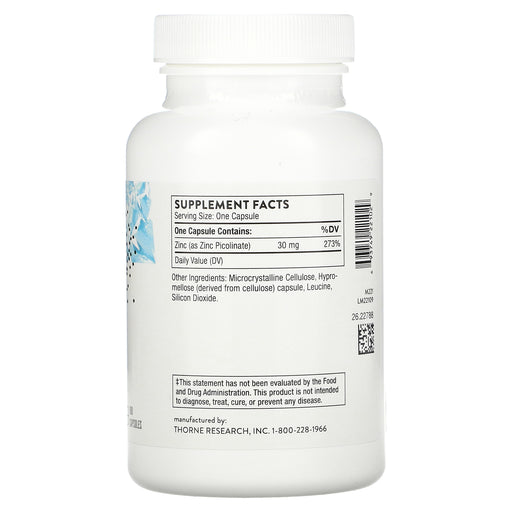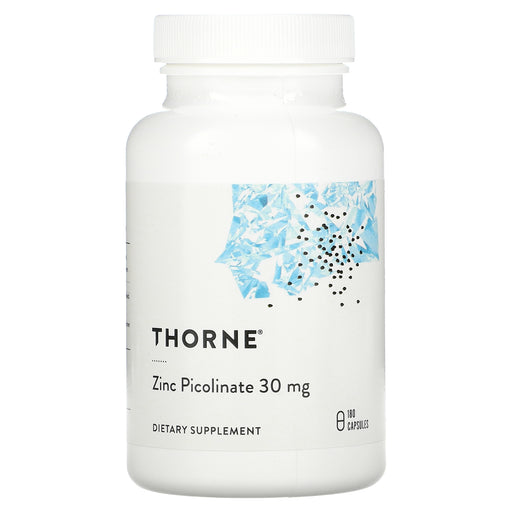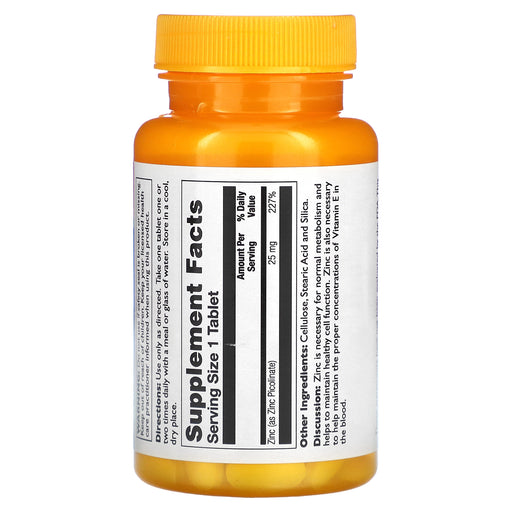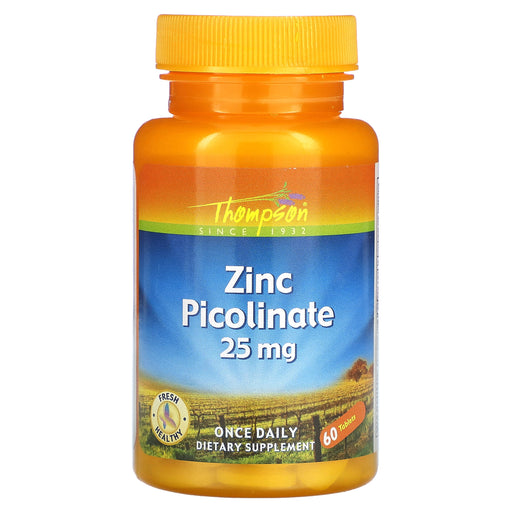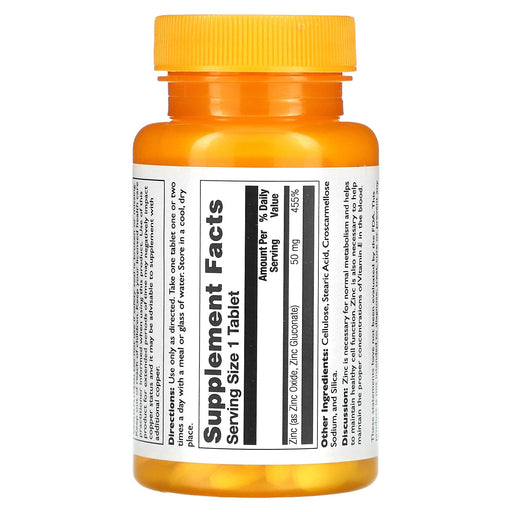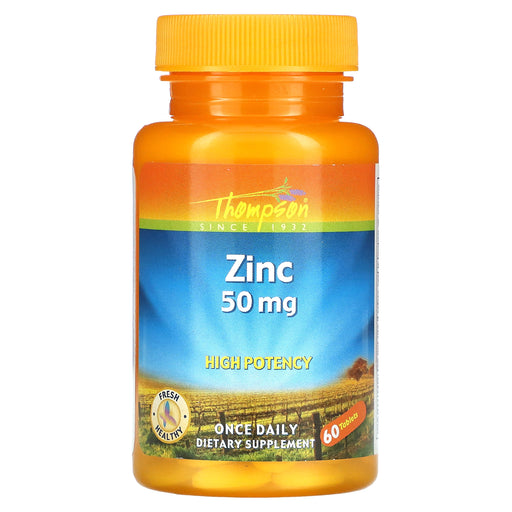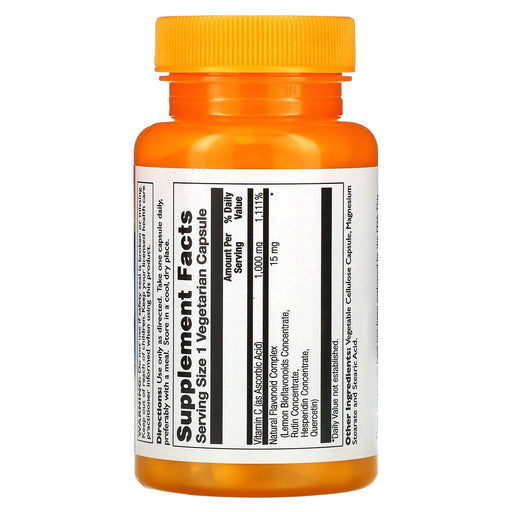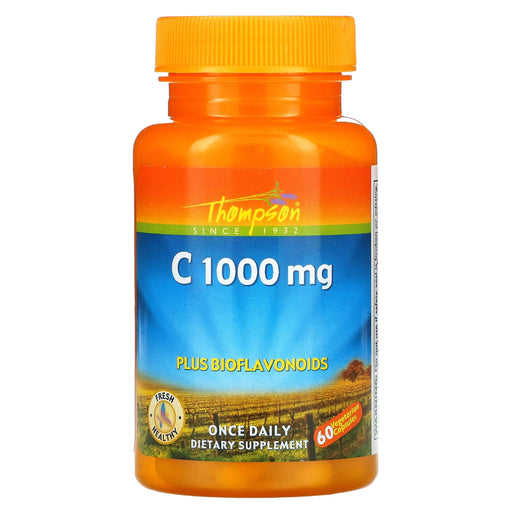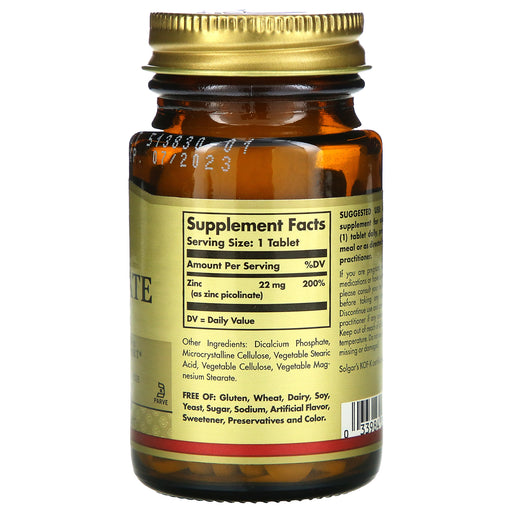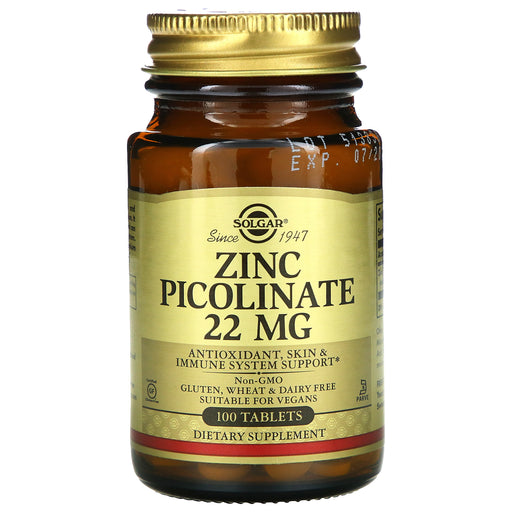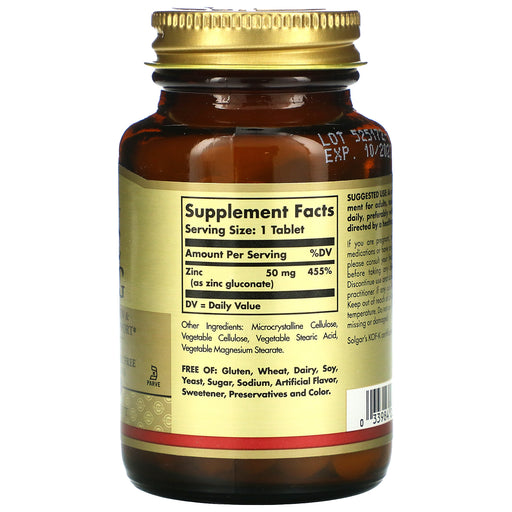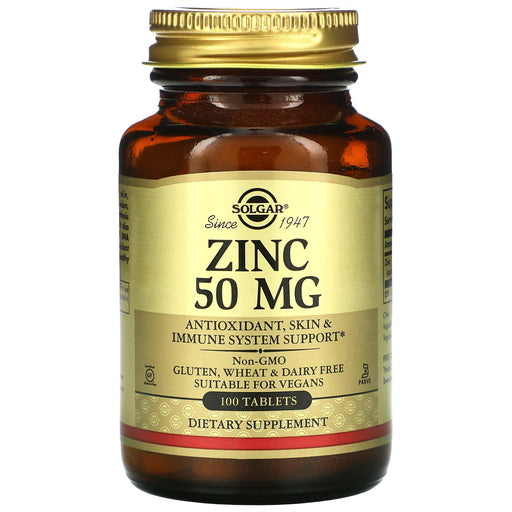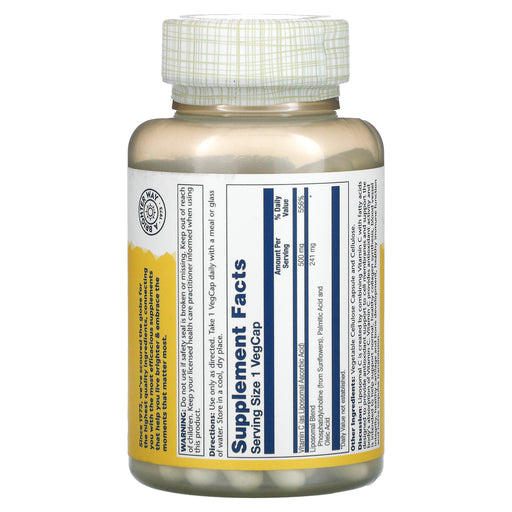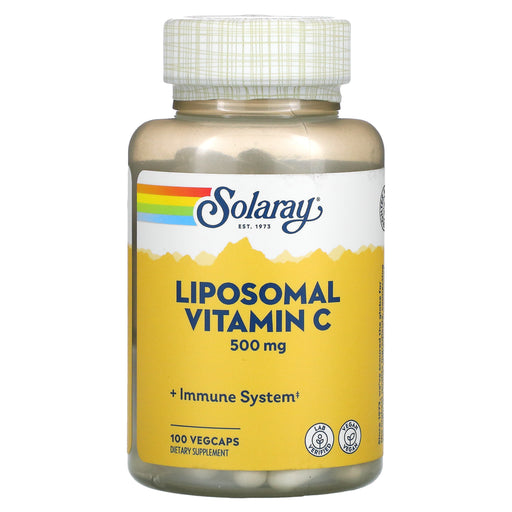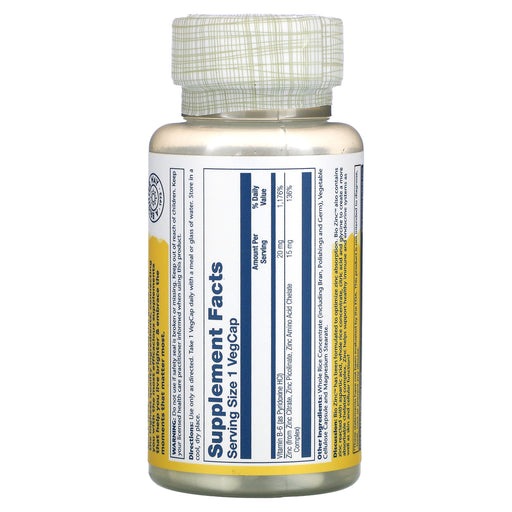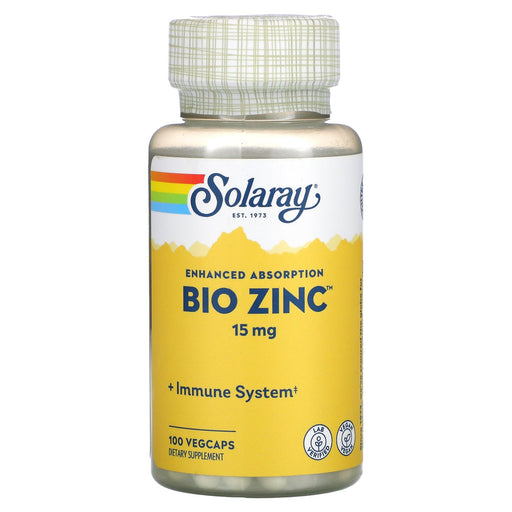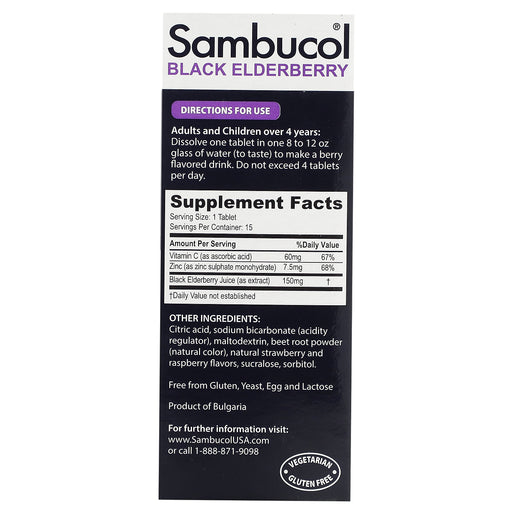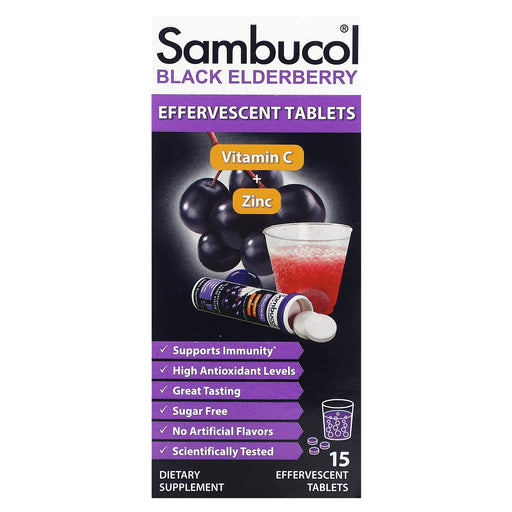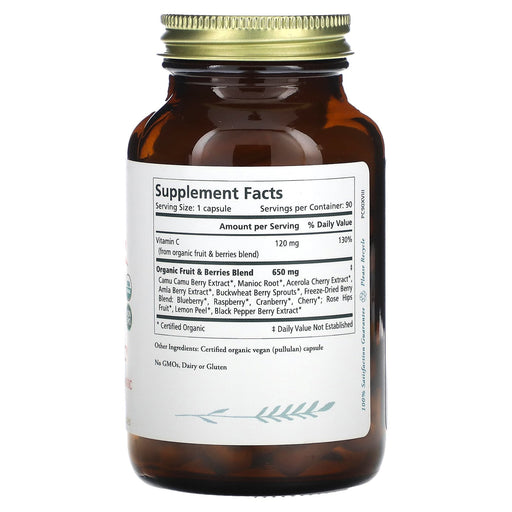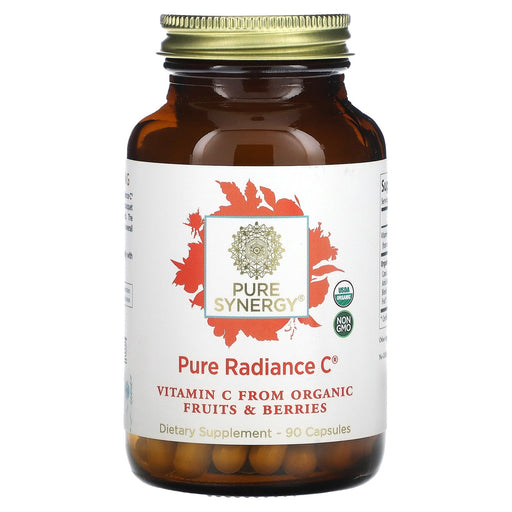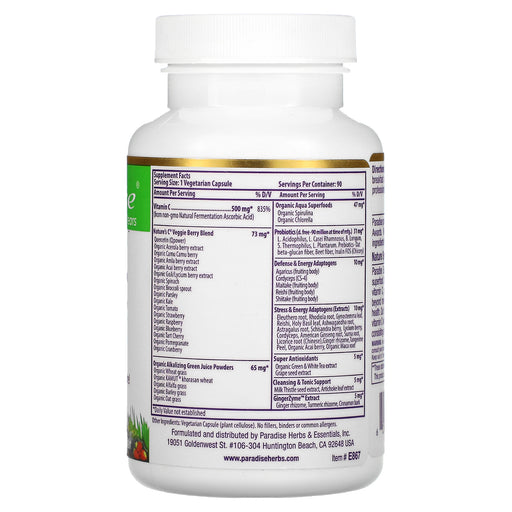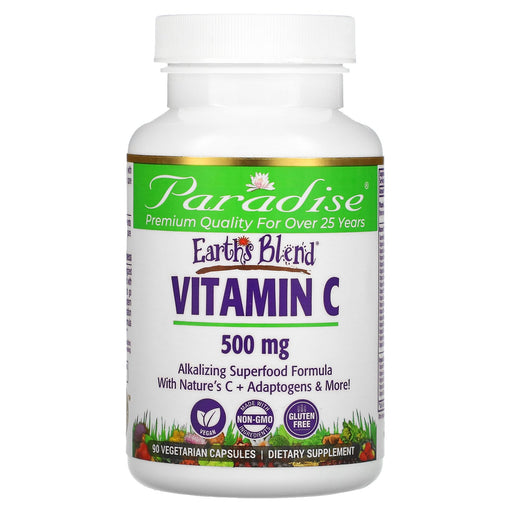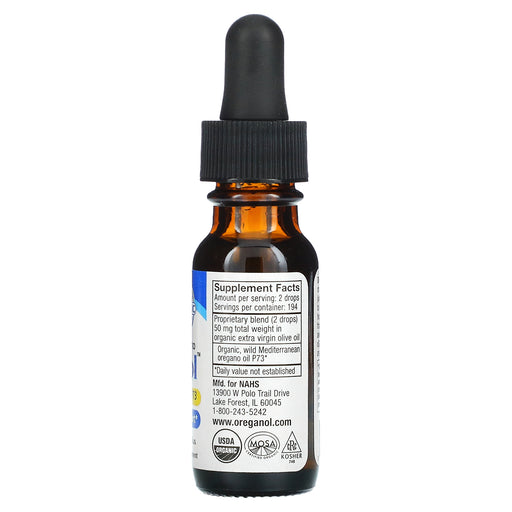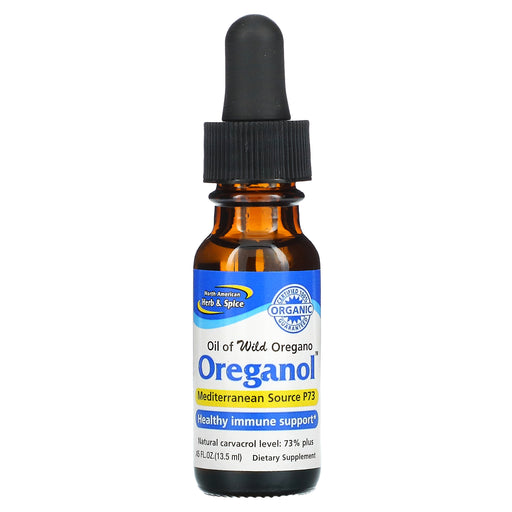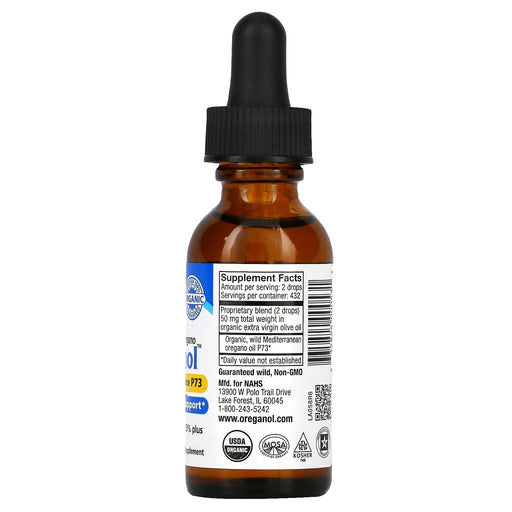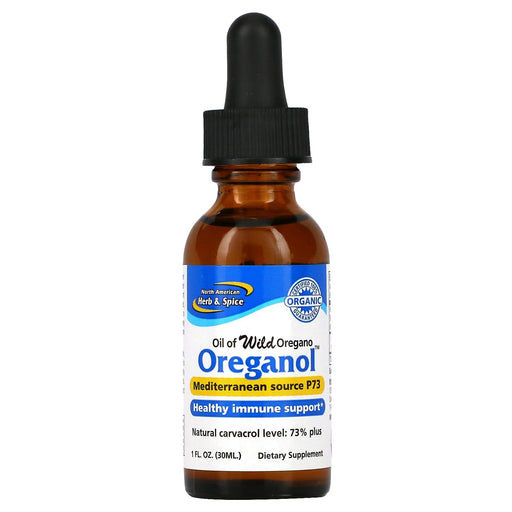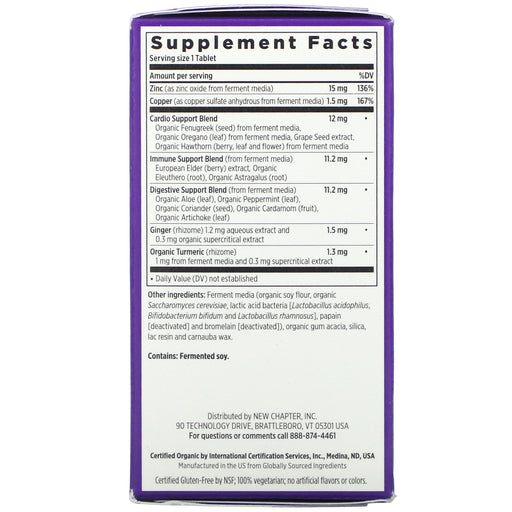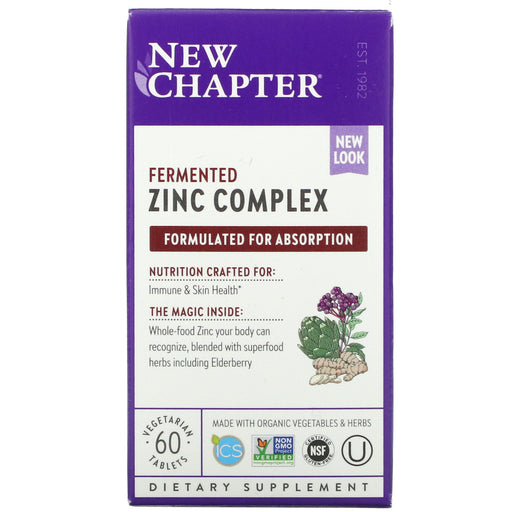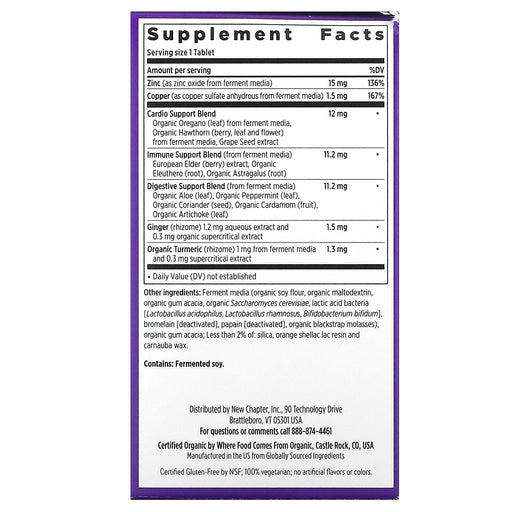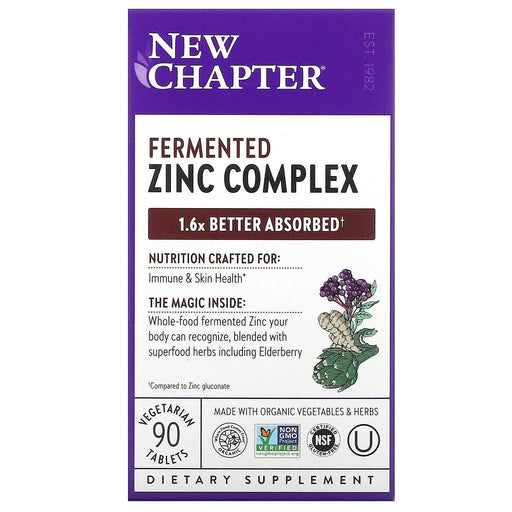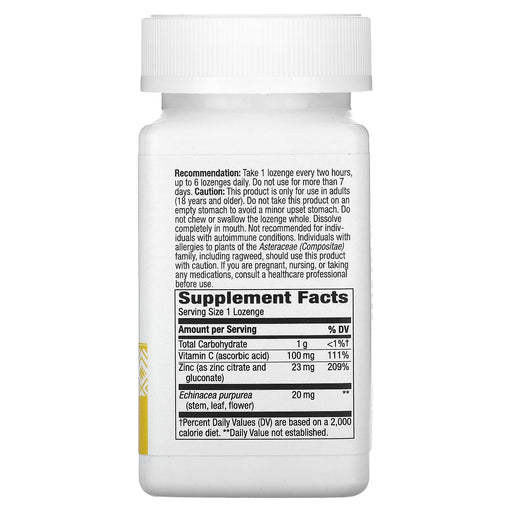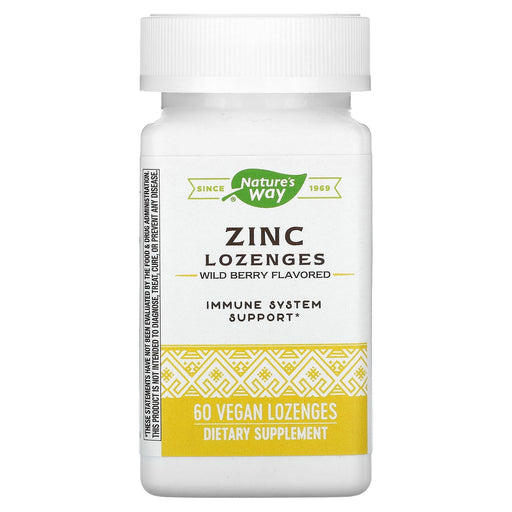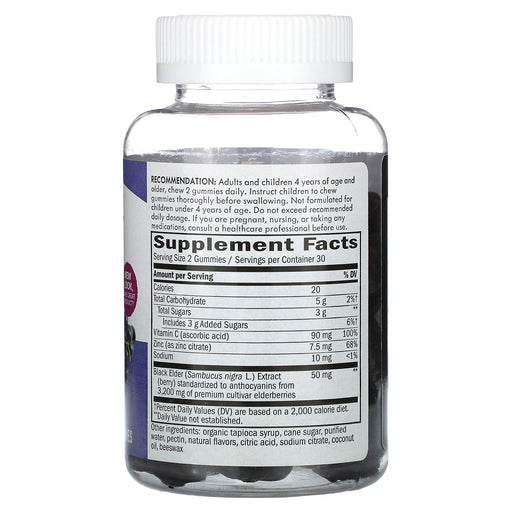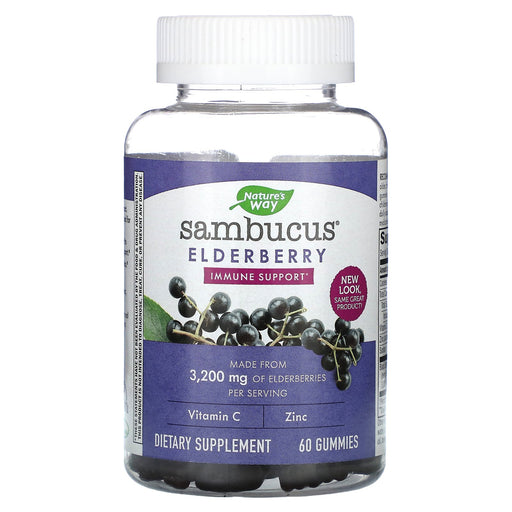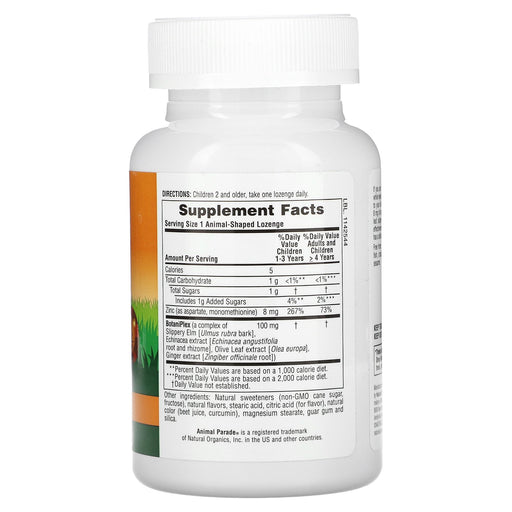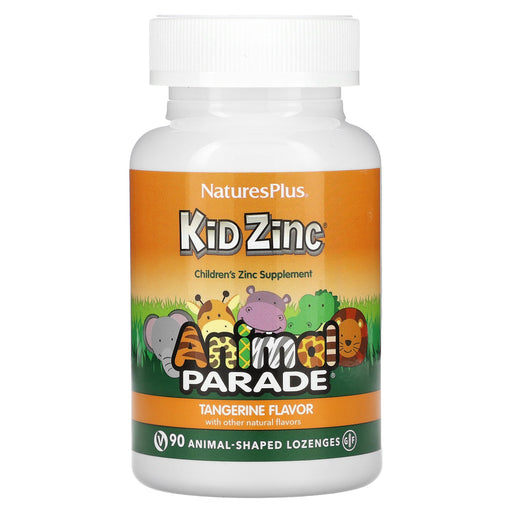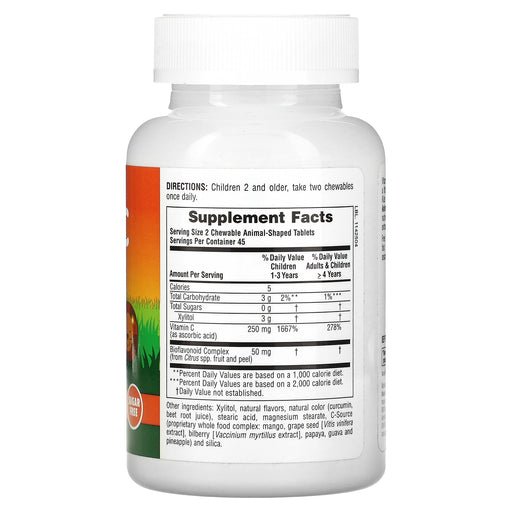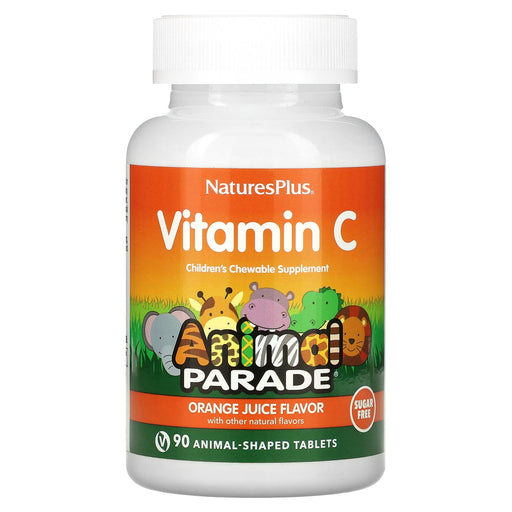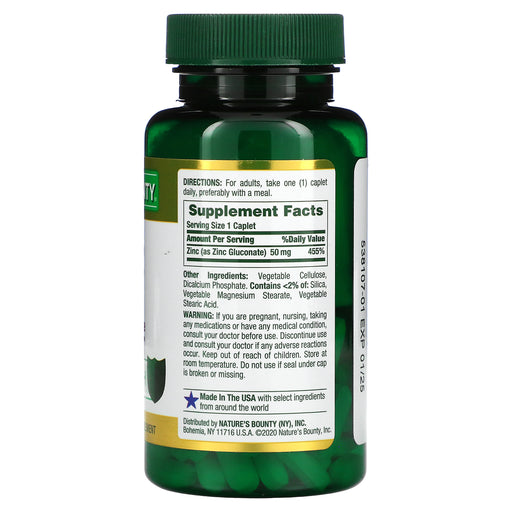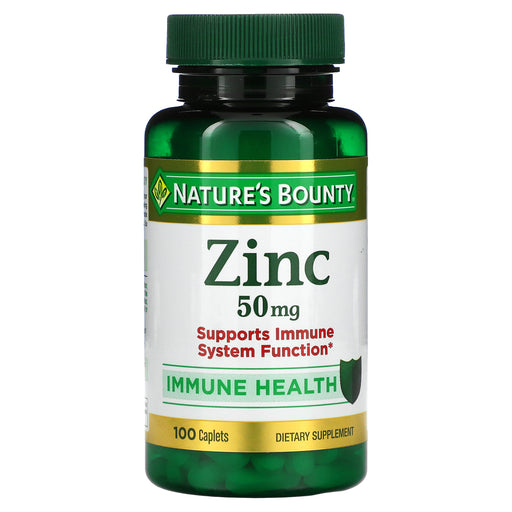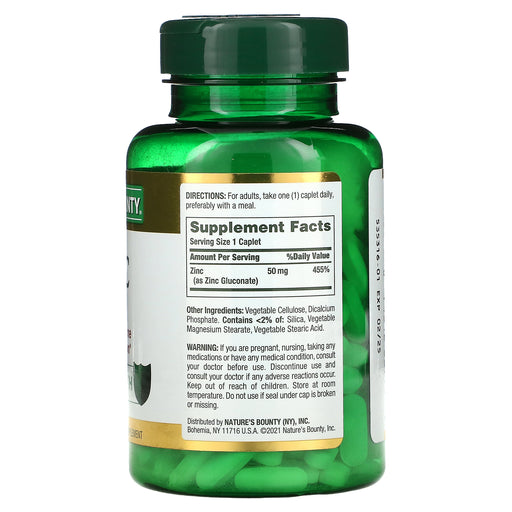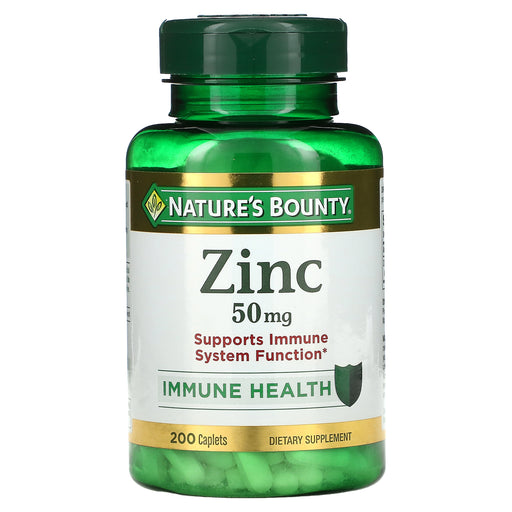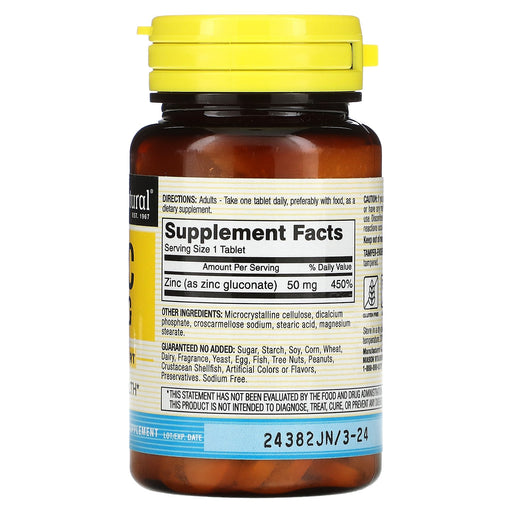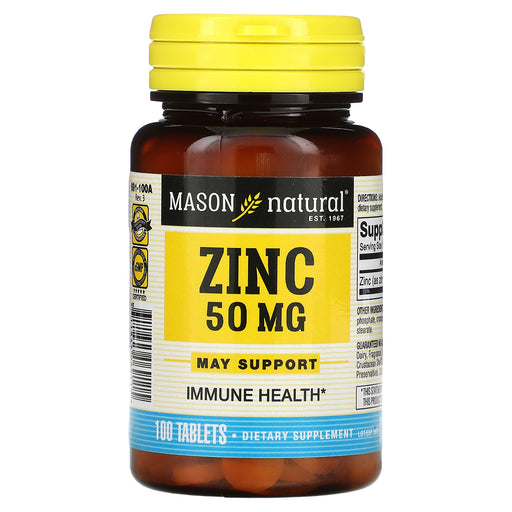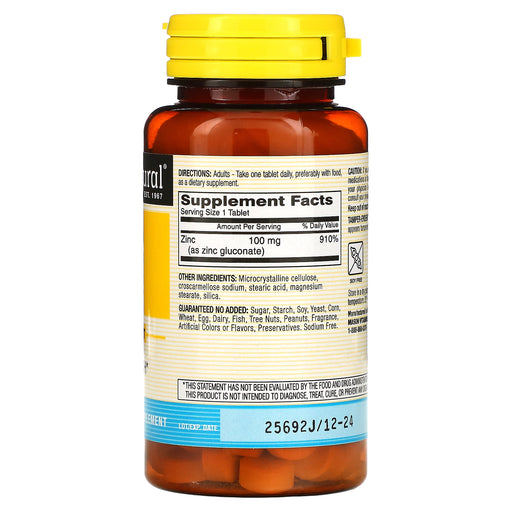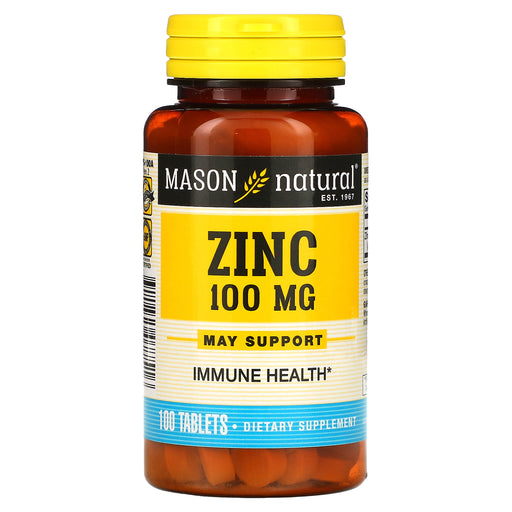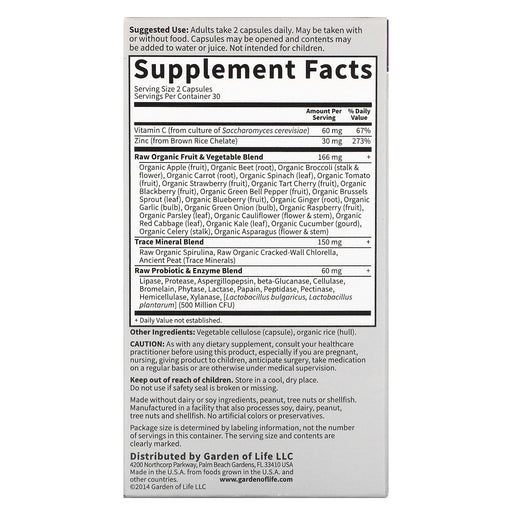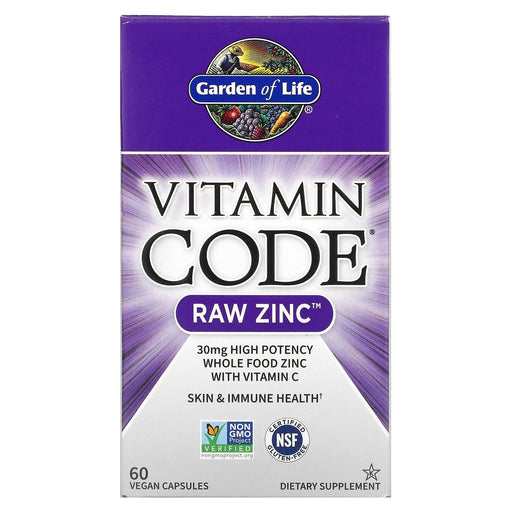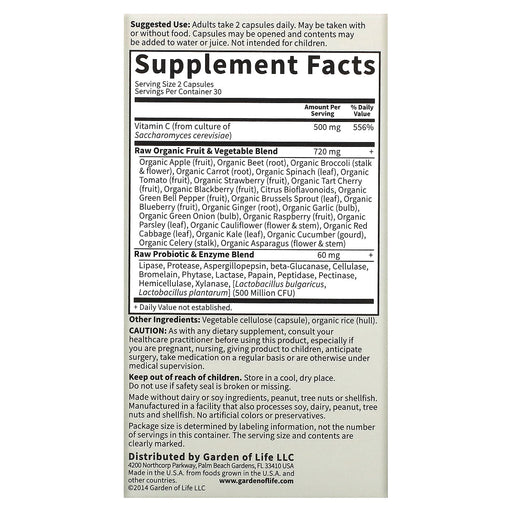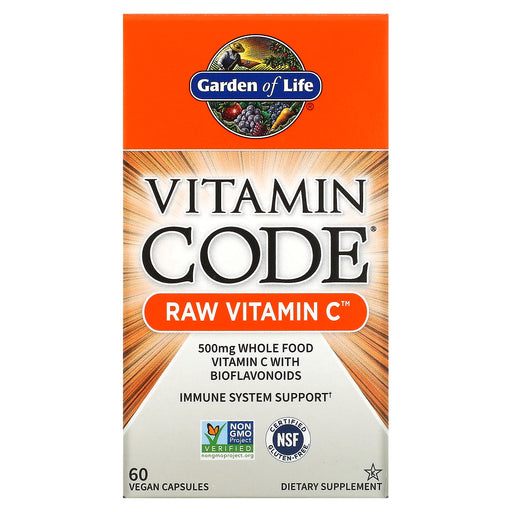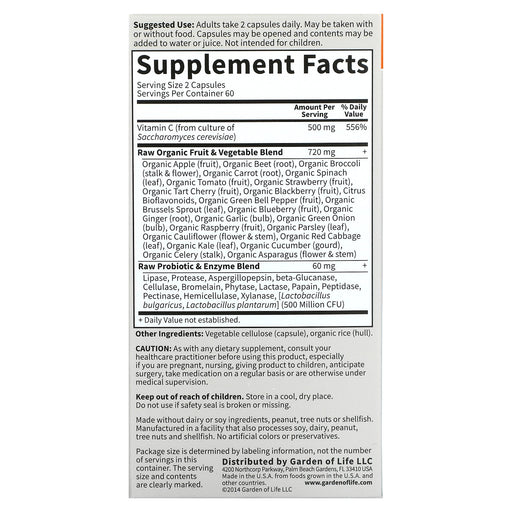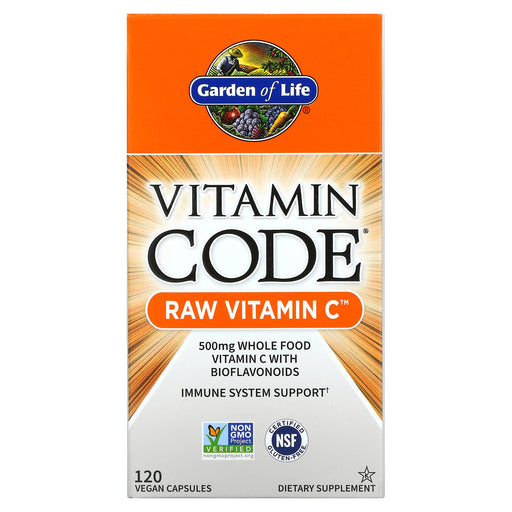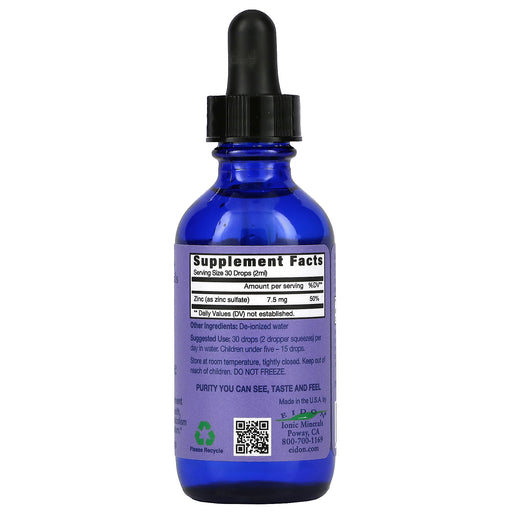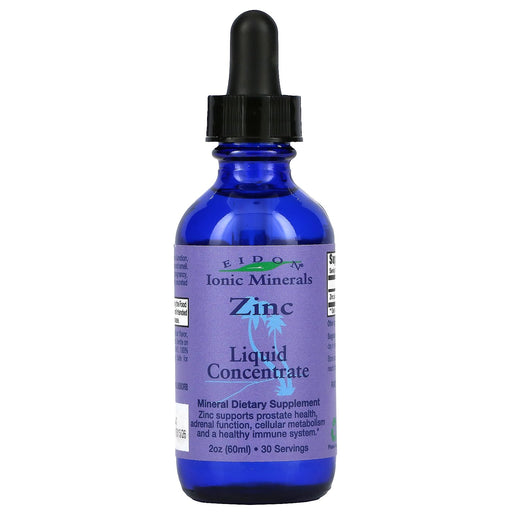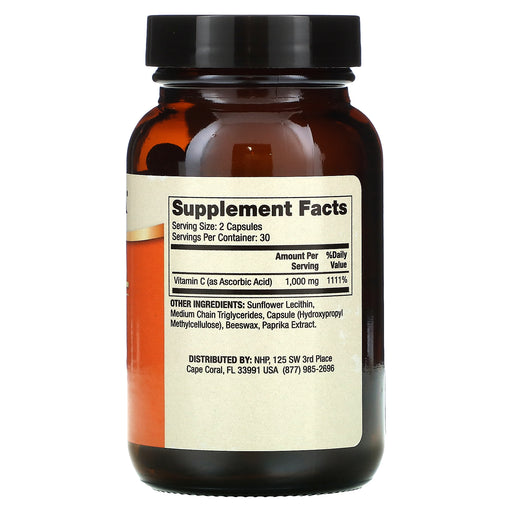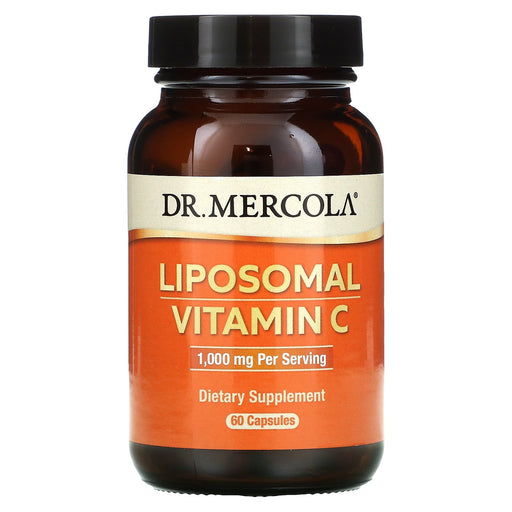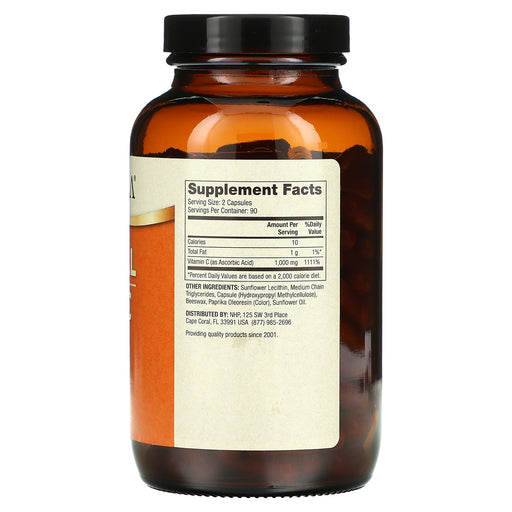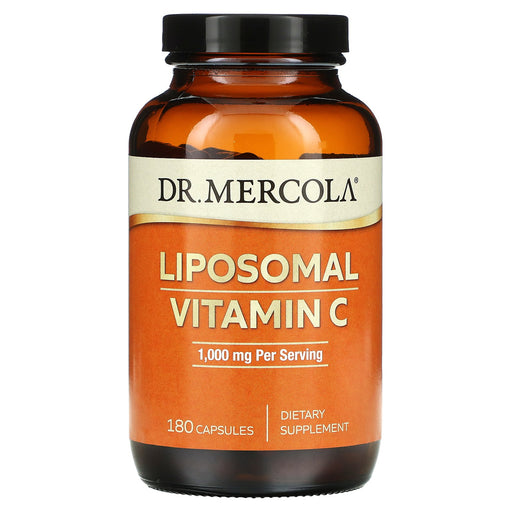
Supporting Your Immune System During Cold and Flu Season with Targeted Supplements
The common cold and influenza (flu) are highly contagious viral infections that can leave you feeling under the weather and disrupt your daily life. While there is no cure for these illnesses, supporting your immune system with targeted supplements can help reduce the severity and duration of symptoms, as well as promote overall health and well-being during cold and flu season.
Understanding the Common Cold and Flu
The common cold and flu are caused by different viruses, but they share many similar symptoms, such as:
- Runny or stuffy nose
- Sore throat
- Cough
- Fatigue
- Body aches
However, the flu tends to be more severe than the common cold and can lead to additional complications, such as pneumonia, particularly in high-risk individuals like young children, the elderly, and those with compromised immune systems.
While practicing good hygiene, getting adequate rest, and maintaining a balanced diet are essential for preventing and managing cold and flu symptoms, certain supplements can provide additional immune support during these challenging times.
Supplements for Cold and Flu Support
Incorporating the following supplements into your health routine may help support your immune system and reduce the impact of cold and flu symptoms:
- Vitamin C: This powerful antioxidant supports immune function, helps protect cells from oxidative stress, and may reduce the duration and severity of cold symptoms.
- Vitamin D: Often referred to as the "sunshine vitamin," vitamin D plays a crucial role in immune regulation and has been shown to reduce the risk of respiratory infections, including the flu.
- Zinc: This essential mineral is involved in various aspects of immune function and has been shown to reduce the duration and severity of cold symptoms when taken within 24 hours of symptom onset.
- Elderberry: Rich in antioxidants and immune-supportive compounds, elderberry has been used traditionally to help alleviate cold and flu symptoms and may help reduce the duration and severity of these illnesses.
- Echinacea: This herb has been used for centuries to support immune function and may help reduce the duration and severity of cold and flu symptoms when taken at the first sign of illness.
- Probiotics: These beneficial bacteria help support gut health and immune function, and certain strains have been shown to reduce the risk and duration of upper respiratory tract infections.
Choosing the Best Cold and Flu Supplements
When selecting supplements for cold and flu support, it's essential to choose high-quality products from trusted brands. Consider the following factors:
- Quality and Purity: Opt for supplements manufactured in GMP-certified facilities, free from contaminants and impurities, and third-party tested for purity and potency.
- Clinically Proven Ingredients: Look for supplements that contain research-backed ingredients at clinically effective dosages to ensure optimal efficacy and safety.
- Synergistic Formulas: Consider supplements that combine multiple immune-supportive ingredients for a more comprehensive approach to cold and flu defense.
- Brand Reputation: Choose supplements from reputable brands with a history of producing high-quality, science-backed products and a commitment to transparency and safety.
- Form and Convenience: Select supplements in forms that are easy to take and fit seamlessly into your daily routine, such as capsules, gummies, or effervescent drinks.
Tips for Incorporating Cold and Flu Supplements into Your Health Routine
To maximize the benefits of cold and flu supplements and support your immune system during these challenging times, consider the following tips:
- Start Early: Begin taking immune-supportive supplements before cold and flu season begins to help bolster your body's natural defenses.
- Be Consistent: Take your supplements consistently as directed to maintain optimal levels of immune-supportive nutrients in your body.
- Combine with a Balanced Diet: While supplements can provide valuable support, they should be used in conjunction with a balanced diet rich in whole foods, fruits, vegetables, and lean proteins to ensure your body has all the necessary nutrients for optimal immune function.
- Practice Good Hygiene: Wash your hands frequently, avoid touching your face, and practice social distancing to reduce your risk of exposure to cold and flu viruses.
- Get Adequate Rest: Prioritize sleep and rest to allow your body to recharge and support optimal immune function.
Strengthen Your Immune Defenses with Health Orchard's Cold and Flu Supplements
Fortify your immune system and reduce the impact of cold and flu symptoms with Health Orchard's selection of high-quality, science-backed supplements. Our carefully curated collection offers a range of targeted formulas designed to provide comprehensive immune support during cold and flu season and beyond.
Experience the power of vitamin C, vitamin D, zinc, elderberry, echinacea, and probiotics to help you stay healthy and resilient in the face of seasonal challenges. With a commitment to quality, efficacy, and your individual health needs, Health Orchard is your trusted partner in building a strong and responsive immune system.
Frequently Asked Questions about Common Cold & Flu
1. What supplements are good for cold and flu?
Certain supplements may help support the immune system and alleviate cold and flu symptoms, such as vitamin C, vitamin D, zinc, elderberry, echinacea, and probiotics. These supplements have been shown to reduce the duration and severity of respiratory tract infections, boost immune function, and provide antiviral and antibacterial properties. However, it is essential to consult with a healthcare professional before starting any new supplement regimen, as some supplements may interact with medications or have side effects.
2. What supplement is taken for colds?
Vitamin C is one of the most popular supplements taken for colds. Studies have shown that vitamin C may help reduce the duration and severity of cold symptoms, particularly when taken regularly or at the onset of a cold. Other supplements that may be beneficial for colds include zinc, which has antiviral properties and may help shorten the duration of a cold, and echinacea, which has been shown to stimulate the immune system and help prevent or reduce the severity of colds.
3. What is the best cold and flu medicine?
The best cold and flu medicine depends on the specific symptoms you are experiencing, but some common over-the-counter options include:
- Decongestants: Pseudoephedrine or phenylephrine, which can help relieve nasal congestion
- Pain relievers and fever reducers: Acetaminophen or ibuprofen, which can help alleviate headaches, body aches, and reduce fever
- Cough suppressants: Dextromethorphan, which can help control coughing
- Antihistamines: Diphenhydramine or chlorpheniramine, which can help relieve sneezing and runny nose
It is essential to read the labels carefully and follow the recommended dosage instructions, as well as consult with a healthcare professional if symptoms persist or worsen.
4. Do multivitamins help with cold and flu?
Multivitamins alone may not directly prevent or treat cold and flu, but they can help support overall immune function by providing essential vitamins and minerals. Vitamin A, Vitamin C, Vitamin D, and Vitamin E, as well as minerals like zinc and selenium, play crucial roles in maintaining a healthy immune system. However, it is important to note that taking multivitamins should not replace a balanced diet, adequate sleep, regular exercise, and proper hygiene practices, which are all essential for preventing and managing colds and flu.
5. Can vitamin C shorten a cold?
Some studies suggest that vitamin C may help shorten the duration of a cold by a small amount, particularly when taken regularly or at the onset of symptoms. Vitamin C has been shown to support immune function and have antiviral properties, which may help reduce the severity and duration of cold symptoms. However, the evidence is mixed, and more research is needed to fully understand the relationship between vitamin C and cold duration. While vitamin C supplements may provide some benefits, it is also important to obtain vitamin C through a balanced diet that includes fruits and vegetables.
6. Why is vitamin C good for cold and flu?
Vitamin C is good for cold and flu because it plays a crucial role in supporting immune function. Vitamin C is a powerful antioxidant that helps protect cells from damage caused by free radicals, which can weaken the immune system. It also helps stimulate the production and function of white blood cells, which are essential for fighting off infections. Additionally, vitamin C has been shown to have antiviral properties, which may help prevent or reduce the severity of cold and flu symptoms. While vitamin C supplements can be beneficial, it is also important to obtain vitamin C through a balanced diet that includes fruits and vegetables.
















